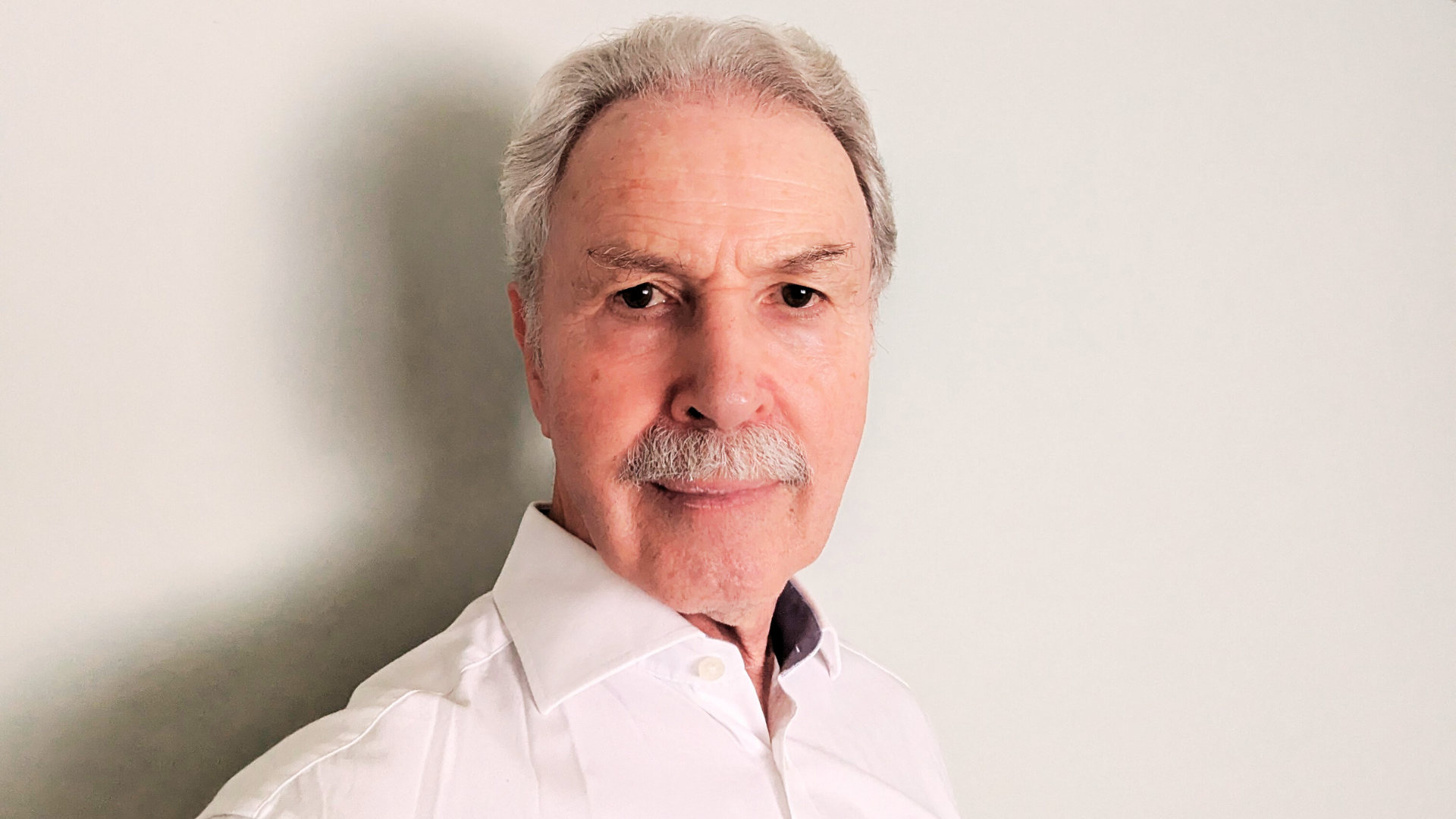In this occasional series we talk with several of our own Chaplains here in Hereford Diocese, offering a window into this fascinating and often moving role. For our Year of Engagement, we have been exploring ways that we as a Church take the message of a loving God out to those communities. For a Chaplain, the community where they work could be a place, such as a single school or care home, or it could be a dispersed community bound by a common thread, such as the local agricultural community – and there is a wide range of these communities in our diocese. As the national church says, “because chaplains are present with the 95% who will not regularly visit a place of worship, many people do encounter them and journey with chaplaincy as they explore questions of life and faith.”
Rev’d Philip Roberts is an NHS Chaplain and has held this role almost since he was ordained over 35 years ago. Having retired from full-time chaplaincy in 2012, he returned in a part-time capacity and remains as Lead Hospital Chaplain with Wye Valley Trust at Hereford County Hospital. Hospital Chaplaincy Teams provide pastoral and religious support to patients, their families and staff and Rev’d Roberts is supported by an ecumenical team of volunteer chaplains and one other staff chaplain, a Baptist minister.
“It’s very different from ministering to a parish. An NHS hospital is a community in its own right; as chaplain you focus on what happens inside that building. I don’t have a PCC for one thing! I do have an NHS manager who offers support and guidance. I have relationships with staff and volunteers across the hospital, so it’s never lonely, and people are generally very supportive of my role.”
Like the armed forces chaplains we have spoken to in this series, Rev’d Roberts has direct access to senior leadership, including senior medical staff, and is involved with staff in some of the complex situations which arise in an acute hospital. “I have to know what each person’s role is, and what is happening around the hospital,” he says. The chaplain is seen as a resource for staff, such as helping the front desk to know what information can be given out if a local clergy member comes asking about a patient from their parish. “Hospitals are very confidential places ,” he says. “If a vicar knows the correct information about the patient, they may be given the ward information, but not everyone who just ‘pops in’ can get to see a patient."
Over the past 40 years, the role of chaplain has changed, he says: “Although we are all Christian in the team, we administer care to anyone, of all faiths or none. If we need to, we can call in a Rabbi or an Imam, and some hospitals have Humanist chaplains now. But we are seeing a decline in religious belief among patients these days – some weeks there are more atheists than Baptists in the hospital. Even so, people are not hostile or averse to talking to a Christian chaplain. We take a ‘softly, softly’ approach. I’ll always wear my hospital lanyard, which says I’m a chaplain, but I don’t always wear a dog collar.”
Some hospital chaplains are more proactive, but Rev’d Roberts takes a more reactive approach, more of a listening ear. He visits wards regularly, sees if people want to talk, and listens to their story, why they are there. He says, “Sometimes that may lead to me asking ‘Would you like me to pray with you?’ and a patient may ask for communion. And of course we meet with families about bereavement from time to time. One patient once said to me ‘so you’re not a proper vicar’, and I took it as a compliment. I trained as a curate in a parish, and liked it, but I was sent to do hospital visiting and thought it was the environment for me. People either like hospitals or they don’t. The ‘flock’ itself is transient, but the staff are the permanent part and I have got to know them well over the years.”
Despite being part of a busy community, hospital chaplains can feel a bit outside the wider clergy community. Rev’d Roberts says, “We are licensed by the Bishop and Bishop Richard recognises the importance of all our chaplains in their pastoral and spiritual focus on different groups of people who may never be in church. I do read all the clergy emails, and used to attend chapter meetings, but we do fly a bit under the radar. I have had to remind people that we do still exist! A lot of chaplaincy posts – in fact many non-clinical posts – are being cut across the NHS but we are an infinitesimally small part of the budget with a big impact. We’re trained, we recruit and manage volunteers, and we’re consistently here over long stretches of time.”
He concludes, “It’s a very dynamic community to live and work in, constantly changing and growing and I feel privileged to have worked in it.”
If you are interested in a chaplaincy role please talk with your local priest or contact the Mission & Ministry team.
ENDS
